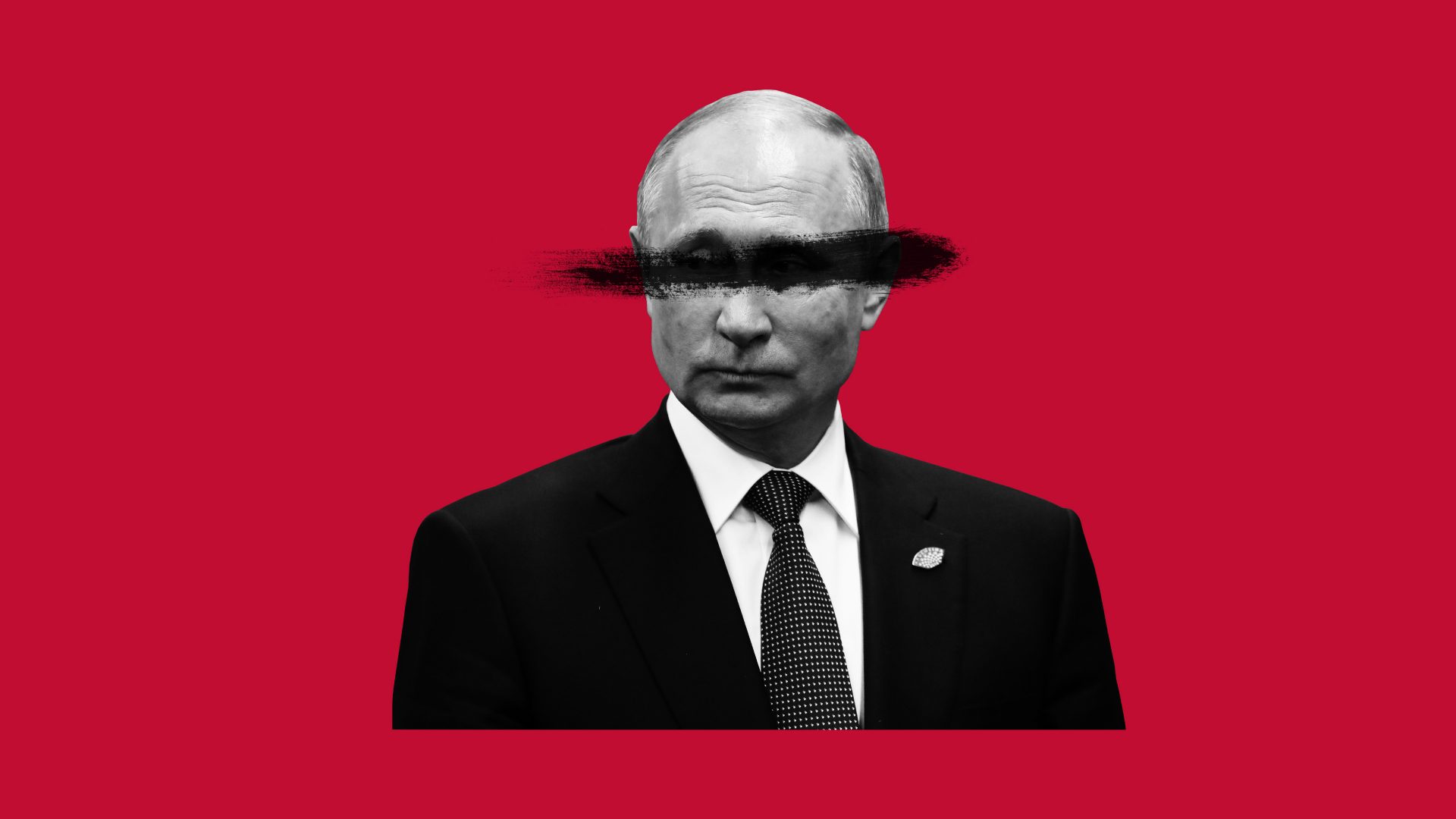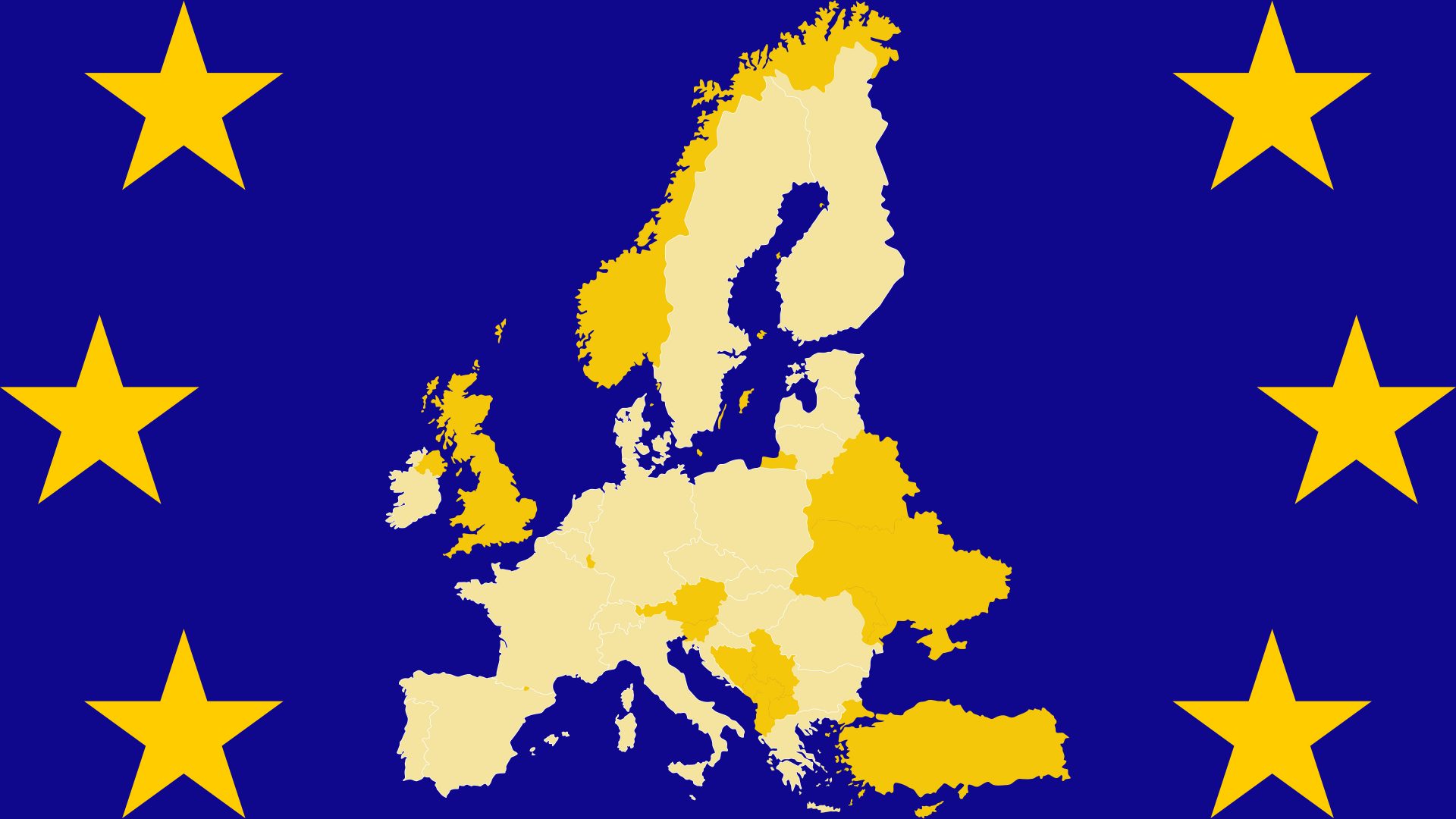The list of Russian war crimes in Ukraine is already very long. It includes attacks on hospitals and a nuclear power station, the rape, torture, and execution of civilians and soldiers, and many further atrocities. The recent liberation of Izyum has revealed mass graves and further evidence of murder and torture.
Yet, unless they can achieve outright victory against the invaders, sooner or later the Ukrainian leaders or their allies will have to negotiate with the man ultimately behind these crimes. His orders have left thousands dead and maimed, and he seems indifferent to the suffering that he has caused across the world.
Although the body count is far too low for serious comparison, Vladimir Putin seems to be vying to become the new Hitler, Pol Pot, Stalin or Mao. Who would want to negotiate with such an immoral monster, and would it even be right to discuss terms of peace with someone who has instigated such violent acts with such far-reaching consequences for the world?
In The Prince, Niccolò Machiavelli argued that a leader should be prepared to do anything, anything at all, to preserve the security and integrity of the state. That could include breaking agreements, and even murdering enemies when they arrive on a peace mission.
Conventional Christian morality was for ordinary citizens, but, Machiavelli argued, to be successful, a prince or leader needs to learn, as he put it, how not to be good. In difficult times you don’t want a lamb in charge, but a combination of a fox and a lion: someone with ruthless cunning and great strength.
This idea that leaders are different and shouldn’t be bound by conventional morality, and sometimes should eschew it, is perhaps the story that Putin tells himself. It’s how he appears. The desired end justifies any means that will achieve it.
What confidence could negotiators have that such a Machiavellian would abide by terms of peace? Putin is by any description a hawk, an alpha predator like the one in the poem by Ted Hughes who declares, “I kill where I please because it is all mine” and, “my manners are tearing off heads”. Any dove negotiating with him takes a big risk.
Negotiating with war criminals is not generally morally acceptable, but when the fate of a whole country, and the lives of many people even beyond its borders are threatened, the stakes are very high, and refusing to negotiate might seem precious.
This is close to saying that sometimes, in extreme circumstances, it is right for political leaders to act immorally and that necessity can trump moral considerations. It’s not just Machiavelli who has argued that leaders should abide by different rules from the rest of us.
The American philosopher of war Michael Walzer has argued that it can be right for them to get their hands dirty and to set aside their moral principles when dealing with a supreme emergency, a situation in which a whole community or way of life is under threat.
The Australian philosopher Tony Coady, one of the clearest thinkers on the topic, has expressed serious doubts about this idea of dirty hands, arguing that we should not be too ready to give political leaders a free pass with moral considerations. As he put it, there’s a risk that they start saying, “I’m a special kind of chap and I face these big decisions and these supreme emergencies, so I can violate deep moral constraints with the blessing of philosophers”.
Once such people feel they aren’t any longer bound by morality, they may feel licensed to use cruel and unusual ways to achieve important ends and keep using the “supreme emergency” card that their role has given them.
Perhaps, then, it is better to see the problem of whether or not to negotiate terms of peace and agree compromises with a potential war criminal as a genuine moral dilemma rather than a case of dirty hands. A moral dilemma is when beliefs about what we ought to do pull in two different directions and when it is far from obvious which solution we should opt for.
We want peace, and ought to seek it; but we also don’t want to negotiate with a suspected war criminal or concede any territory to someone who has taken it by force. That seems to leave only two options: defeat Putin’s forces on the battlefield or make some moral compromises and start negotiating in earnest. Neither of those options will be easy or straightforward.



